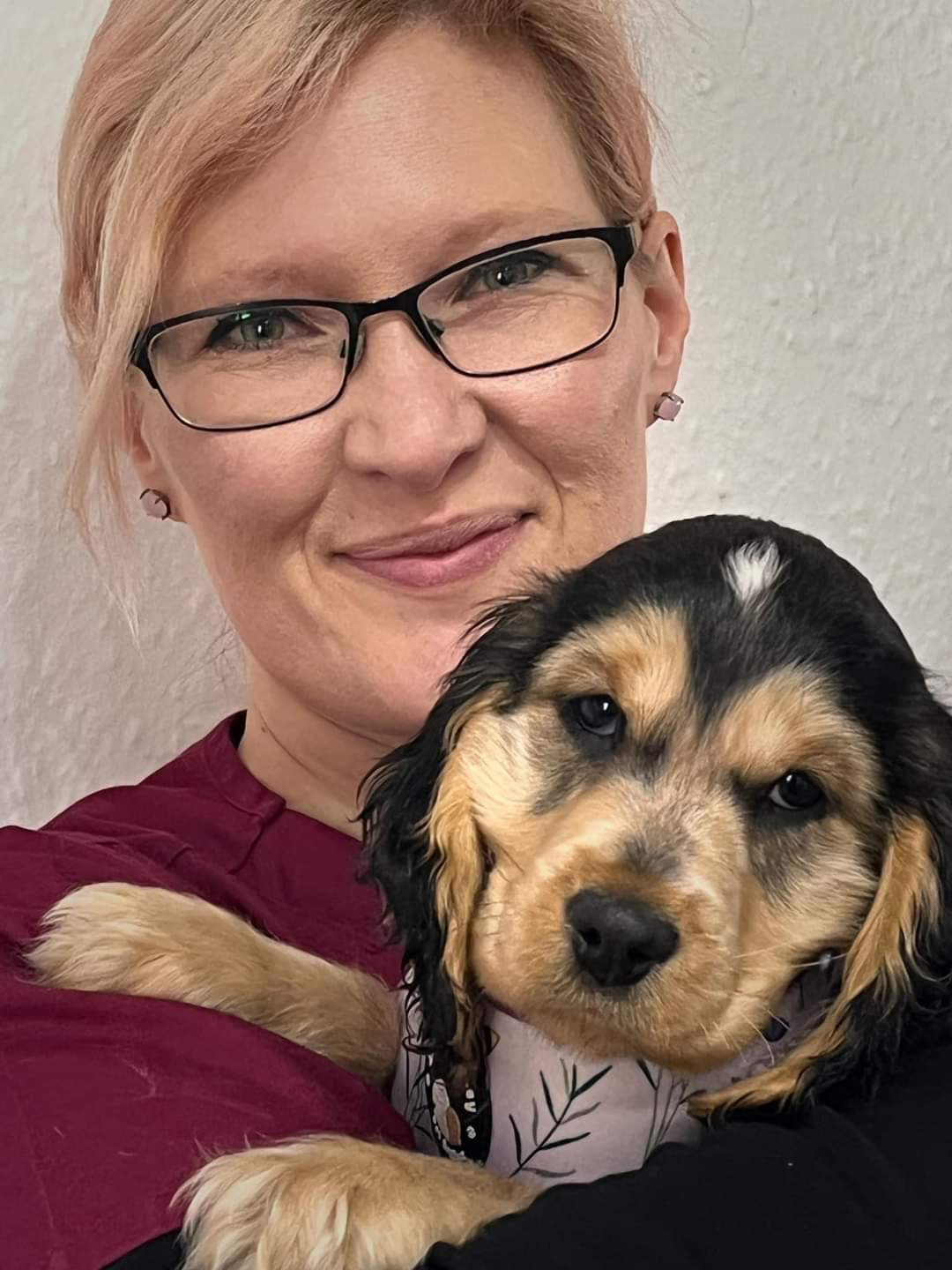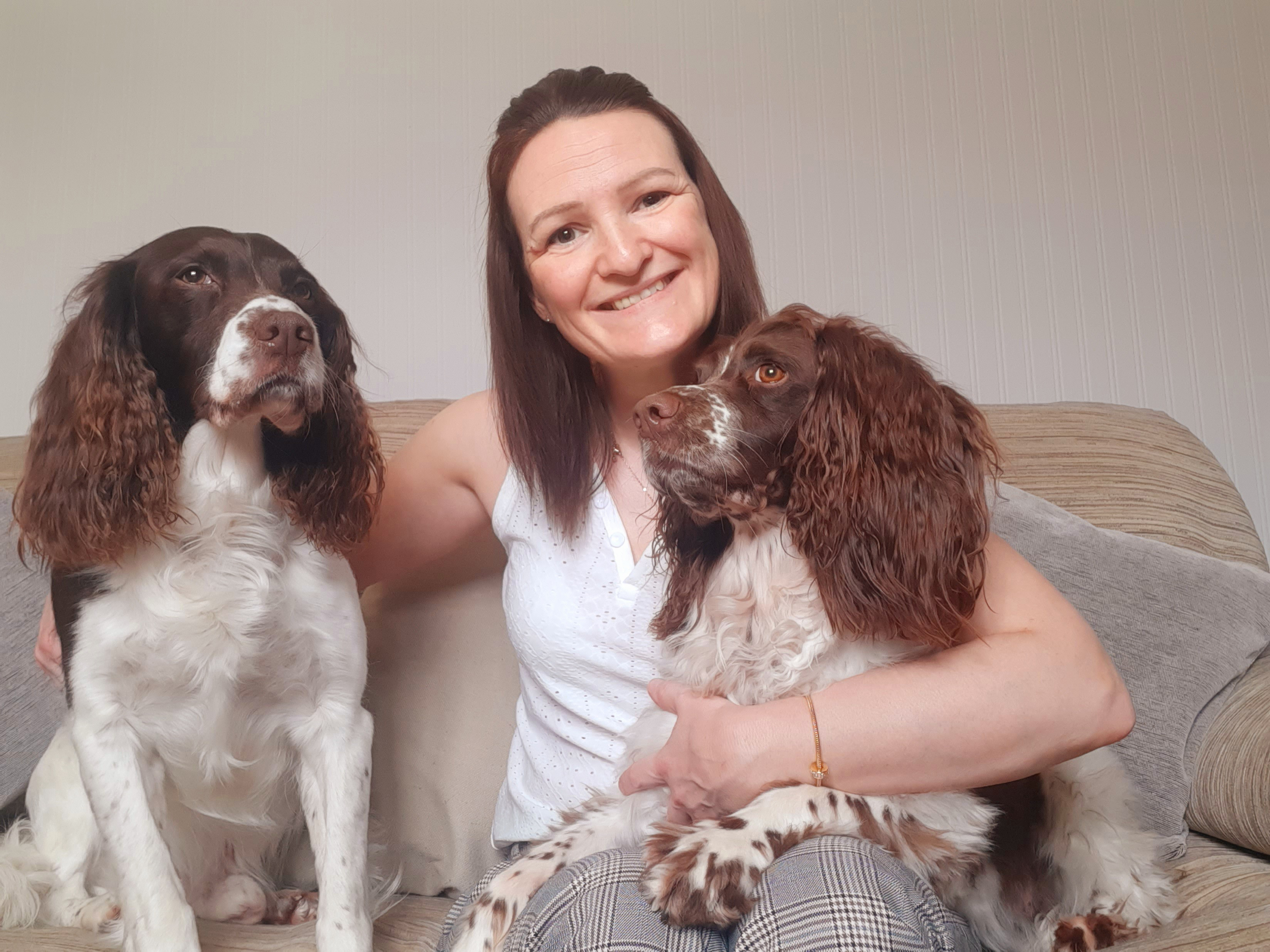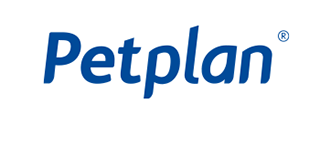It’s time to sing the praises of these unsung heroes, supporting veterinary teams and clients across the UK.
We know that if it wasn’t for receptionists, practices simply wouldn’t be able to run smoothly. These vital members of the team manage the calendar, screen patients, have very difficult conversations, keep an eye on the accounts and complete insurance admin as well as offering a friendly face and supporting clients at their lowest of times. If it wasn’t for them, the practice could easily grind to a halt.
That’s why we’re celebrating the work they do and looking at how front-line roles are evolving.
The first and last face of veterinary practices, a receptionist’s role involves a vast amount of client interaction, in-person and over the phone. Over the course of a typical day they can be doing anything from booking appointments to lending a hand with cleaning or liaising with pet crematoria.
Essential and efficient
President of the British Veterinary Receptionist Association (BVRA), Jaime Kiem believes receptionists and support staff are essential for veterinary practices to run efficiently.
‘Simply managing the diary incorrectly can cause chaos and overload vets,’ explains Jaime.
She says that despite receptionists undertaking an array of important tasks, the public don’t fully appreciate what they do. ‘Some people are respectful, but most don’t realise the extent of the role,’ adds Jaime.
Diverse and ever-evolving
According to Jaime, receptionists’ responsibilities are now so diverse that some job titles are changing to reflect this.
‘Different practices call their receptionists different things, but there is no overarching title that adequately describes everything a receptionist does,’ explains Jaime.
What’s important to receptionists and support staff?
The BVRA’s annual veterinary receptionist survey for 2022 revealed that while morale is relatively low, allowances for continual professional development (CPD) are improving.
‘Some staff, who have completed the BVRA’s online courses, report that their pay is increasing,’ continues Jaime. ‘Receptionists don’t want to leave – feeling valued and getting respect for their role is as important as good pay.’
Recognising the receptionist’s role
Two receptionists and a customer service manager – all finalists in the 2023 Petplan Veterinary Awards – reveal why they love their jobs, what their roles entail and the key to success.
Every day is different
Laura Cameron worked in catering, as a home help and gardener, and in stage pyrotechnics before landing the role of receptionist at Lomond Veterinary Clinic in Helensburgh two years ago.
‘A deciding factor in getting the job was not stating “I want to work with animals” on my application,’ laughs Laura, who is grateful to her boss for ‘taking a chance on the person with the weird CV!’
A favourite part of her job is running ‘biscuit bribery’ sessions. ‘We encourage owners of nervous dogs to pop in if they are passing when it’s quiet so the dog can have a biscuit and learn the vet’s isn’t a bad place,’ continues Laura, who enjoys building relationships with people and their pets, such as overcoming language barriers with clients who are Ukrainian refugees. ‘Thank goodness for Google Translate!’
Laura found it particularly rewarding recently when she successfully handled a cat known to be difficult.
‘He’d already been aggressive towards an animal care assistant but was fine with me,’ she says.
She adds that she's undertaken on-the-job and online training, including a basic CPD receptionist’s course and the BVRA foundation course.
Lifting spirits
‘Keeping up morale is our biggest challenge,’ explains Laura, who bakes cakes to cheer up colleagues if they’ve had a tough day, and has redecorated reception with colourful pawprints so children can count them while waiting for their pet to be seen.
‘During a bank holiday, four animals were put to sleep in one day, which was really hard. But cake and a cup of tea can go a long way to lifting spirits.’
Laura says the main positive is when an owner takes their pet home after it wasn’t expected to survive, while the downsides include the times a client is rude, or the team has to identify a pet involved in a trauma.
Just the job
Louise O’Reilly never thought she’d work with animals. She had no veterinary experience or pets when she got the job as head receptionist at Llanrumney Vets4Pets in Cardiff 10 years ago, after working in retail.
‘I had no veterinary experience or pets when I got the job,’ explains Louise, who credits the role with boosting her confidence and independence as well as bringing Springer Spaniel Ralph into her life. ‘I watched him being born during a C-section and fell in love with him. His breeder later gave him to me, and Ralph and I now share a special bond.’
Louise loves working in the close-knit community where she lives, and clients often pop in just to say hello.
‘I’ve enjoyed seeing clients’ animals grow from kittens and puppies into 10-year-old cats and dogs,’ adds Louise.
Benefit of experience
‘If I was advertising for a veterinary receptionist, I’d want someone who can empathise with people. Some clients get really upset about their pet and finances, and this comes across as anger. It’s not personal towards us – they’re just worried and struggling, and we have to be non-judgmental,’ says Louise.
In the early days, she found it difficult asking for payment after the loss of a pet. ‘With experience I’ve realised everyone goes through losing a pet or human, and we provide a service,’ she continues. ‘The job has no downsides – I never think “I don’t want to go to work today”.’
Pulling together
Louise feels appreciated by her team and clients, which makes her job more rewarding.
‘Being part of a close-knit, caring team is important for morale – we all look out for each other,’ adds Louise, who is a mental health first aider, trained to recognise when a colleague or client are feeling down.
Perfectly placed
After working in a customer-facing role at Harvey Nichols and as head of reception at her previous practice, Rhiannon Lewis has been the customer service manager at Streatham Hill Vets in south-west London since September.
Her main responsibility is to look after and support the front-of-house team and ensure vets and vet nurses have everything they need.
‘My job is to make everyone’s lives easier,’ says Rhiannon. ‘I also hold clients’ hands and guide them through pet ownership, such as promoting the benefits of insurance and flea, tick and worming treatments.’
An eye for detail
Rhiannon, who is studying for a level 5 diploma with the College of Animal Welfare, relishes tasks that require attention to detail, such as helping to make sure insurance claim forms are completed correctly.
‘I understand the process and strain that comes with being a receptionist, and what support staff want – recognition for their hard work and to be proud of their achievements,” says Rhiannon, who bought everyone a rose and gift bag on Valentine’s Day and organised an Easter Egg hunt to lift spirits during lockdown.
She adds: ‘While the public appreciates our efforts, I don’t think they fully understand what goes on behind the scenes. Everyone thinks their pet is an emergency, and it can be challenging trying to explain why an animal involved in a road accident takes priority.’
Good value
Rhiannon believes clients should feel valued, and she always recognises them and their pets in the street. ‘One client’s dog would sit outside the practice until I went gave her a biscuit, while another owner bought me a jacket back from America as a thank you,’ says Rhiannon, a self-confessed ‘crazy cat lady’, who adopted tortoiseshell kitten, Tunechi, after she was abandoned on the practice’s doorstep in March.
‘No two days are the same. I came in one morning at 7.30am and a dog had given birth in reception before undergoing an emergency Caesarean and the area was covered in blood. We’re a 24-hour hospital so anything can happen.’
Looking ahead
‘I’d love to become the customer service lead when the practice opens its new branch in Streatham – it would be the perfect opportunity to grow as a person and team leader,’ adds Rhiannon.
‘Knowing our clients are happy and my team feels supported and appreciated gives me the greatest satisfaction. Saying “well done” and “thank you” are small things that can make a big difference to morale.’
